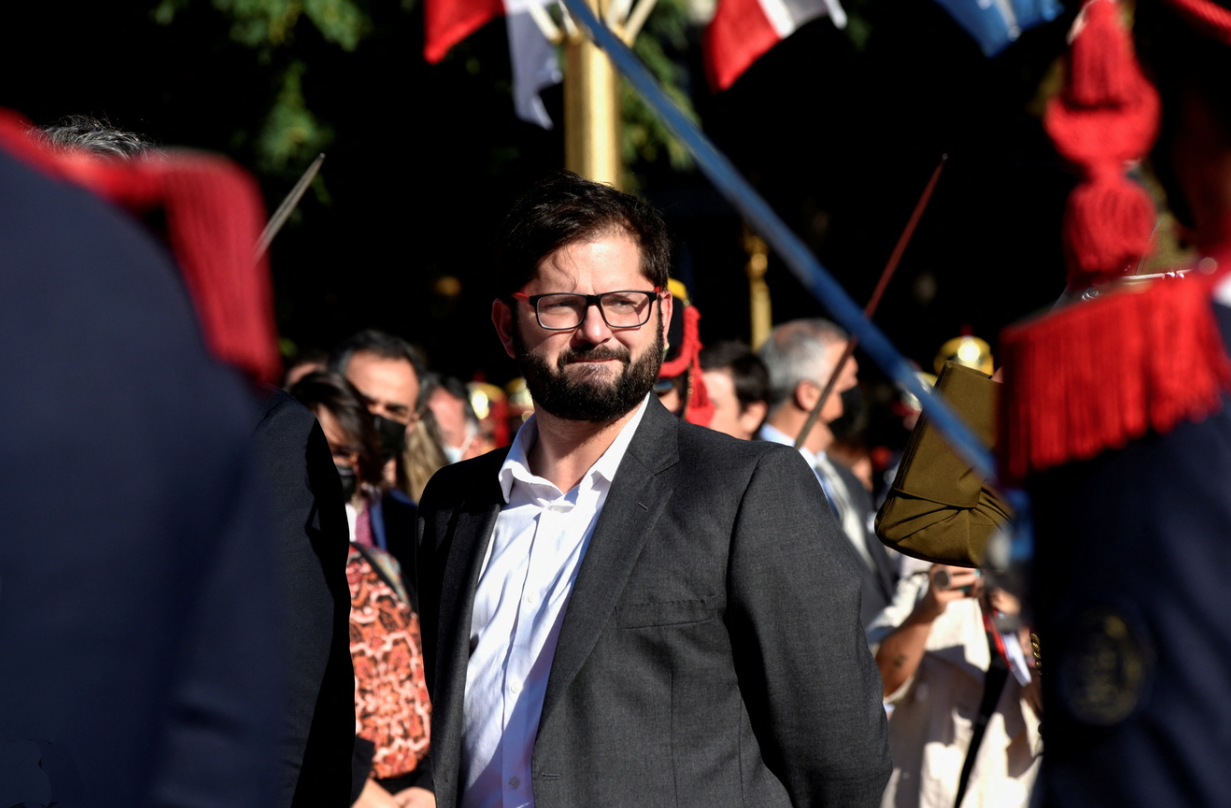The changes in the Chilean political situation have caused great surprise in the region. The results of the elections to the Constitutional Council on Sunday, May 7 have produced headlines that underline a spectacular shift. The Spanish newspaper El País published an editorial entitled “Volantazo en Chile” (swerving in Chile), the first line of which read: “Sunday’s elections in Chile have turned the political scenario upside down”. And Chilean analyst, Claudio Fuentes, asked: “How can we explain the abrupt change from a progressive wave to a conservative backlash in Chile?“
As it usually happens, the problem does not lie in the difficulty of the answer, but in the mistake on which the question is posed. In Chile, there was no overturning of the political scenario, which had already been clearly seen since the defeat of the plebiscite of September last year, when two-thirds of the electorate rejected the previous constitutional proposal designed by a mostly left-wing Constitutional Council. But, above all, the starting point of the question is unfounded, because there was no progressive wave with the election of Boric, as was proclaimed at the time.
To better understand the political mirage that occurred then, it is necessary to examine two main elements. The first refers to the true dimension of the electoral victory. If on that occasion only 56% of the electorate had voted and Boric obtained little more than half of those votes, it means that the president-elect had only 27% of the total electorate. In addition, opinion polls indicated that 7 out of 10 of the almost three million votes cast for his candidacy in the run-off came from other (center-left) parties, which would not follow Boric in the future. In other words, Boric’s “broad electoral tide” barely exceeded one-fifth of the electorate.
The other element of the mirage alludes to the idea that support for Boric was a direct product of the unstoppable spirit of the 2019 social outburst. Opinion polls indicated that support for what happened in 2019 was considerably less than assumed and several observers noted that the events had been “over-celebrated”. In reality, more than half of the Chilean population had a critical view of what had happened.
The other complementary problem faced by Boric was that he was left in a minority in Congress. A few months later, this meant the rejection of the tax reform, his star project, with which he intended to collect 3.6% of the GDP in four years, some 10 billion dollars, which would allow him to develop his socioeconomic program. This confirmed that Boric could not count on the continued support of the progressive forces that allowed him to win the presidential elections.
As it is, it is difficult to say that Chile has undergone a dramatic shift from a progressive wave to a purely conservative one. In any case, the election has accentuated the conservative drift, which is also debatable. It is true that Kast’s Republican Party has obtained almost half of the seats in the Council. The Republican Party has 23 seats, and added to the 11 seats won by the traditional right, the configuration of the new Chilean Constitution is in its hands.
Therefore, the interpretation that the result means a shift of the Chilean electorate toward the far right is quite risky. This electoral result, in fact, may also mean that “deep Chile” has definitively turned its back on Boric’s government and is showing it by distancing itself as much as possible from Boric’s political project, which it considers too radical.
It should not be forgotten that in most of the countries of the region there is a significant gap between the political attitudes of active minorities and those of the deep countries. It is a gap that can increase in size at certain historical junctures. And in this context, everything seems to indicate that Chile is going through one of those junctures.
Thus, in political activities starring active minorities, the left-wing tendency predominates, as happened in the 2019 protests. But when it is an activity where “deep” Chile intervenes, as happens when there are binding elections, the conservative orientation clearly predominates. In the case of Chile, the existence of pockets of citizens with a very low-quality political culture, refractory to politics, inherited to a great extent from the imprint coming from the Pinochet experience, has been widely studied.
But this conservative orientation of deep Chile should not lead to the conclusion that the majority of the Chilean electorate rejects the promulgation of a democratic Constitution that would leave behind the current one, designed during the dictatorship. In fact, it would not be surprising if the electorate eventually moves toward a centrist solution, perhaps even a reduced recovery of the old Chilean political tradition of the “three-thirds” among right, center, and left.
*Translated from Spanish by Janaína Ruviaro da Silva











